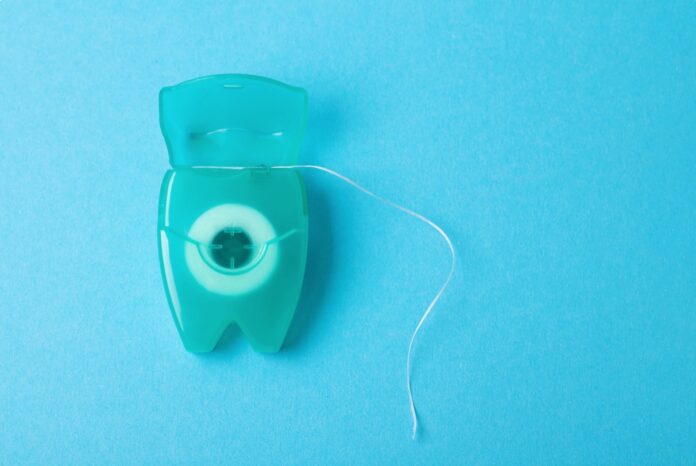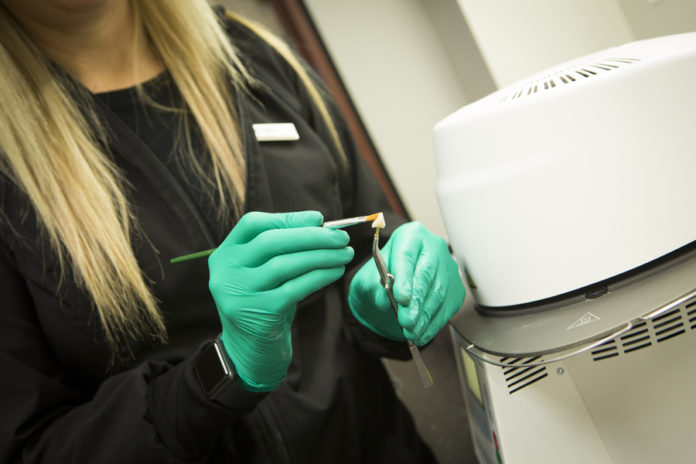Flossing is a cornerstone of good oral hygiene, but it’s only effective if done correctly. Mastering proper flossing techniques can help remove debris and plaque that toothbrushes often miss, preventing issues like gingivitis, cavities, and gum disease. Dr. Bolding has compiled a list of flossing tips to keep your smile happy and healthy.
Here are the top 5 flossing tips for optimal oral health:
1. Don’t Skimp on Floss
Always use about 18 inches of floss. This length ensures you have a clean section to work with as you move between teeth. Plus, it gives you better control for an effective grip.
2. Master the Grip and Motion
Wrap the floss securely around your middle fingers and hold it tight with your thumbs and index fingers. Use a gentle up-and-down motion to guide it between teeth, avoiding snapping or forcing it into place.
3. Curve into a “C” Shape
Once between the teeth, curve the floss into a “C” shape against the side of one tooth. Gently slide it under the gumline, ensuring you clean the entire surface. Repeat on the other side of the gap.
4. Switch to a Fresh Section
As you move to the next tooth, unwind the floss slightly to use a clean section. This prevents reintroducing plaque or debris to areas you’ve already cleaned.
5. Explore Flossing Alternatives
Struggling with traditional floss? No problem! Tools like floss picks, interdental brushes, or water flossers can make flossing easier and just as effective.
Remember, consistent flossing is key to maintaining healthy gums and teeth.
Flossing is just one part of a comprehensive oral hygiene routine. Pairing proper flossing techniques with regular brushing, using fluoride toothpaste, and rinsing with mouthwash can further protect your teeth and gums. For even better results, brush at least twice a day and replace your toothbrush every three months or sooner if the bristles fray. Scheduling routine dental checkups is also vital to identify any potential issues early and ensure your efforts at home are keeping your oral health in top shape. A little extra effort with flossing and consistent care can go a long way in preserving your smile for years to come!
If you’re unsure about your technique or need tips tailored to your smile, don’t hesitate to ask us during your next dental appointment!
















